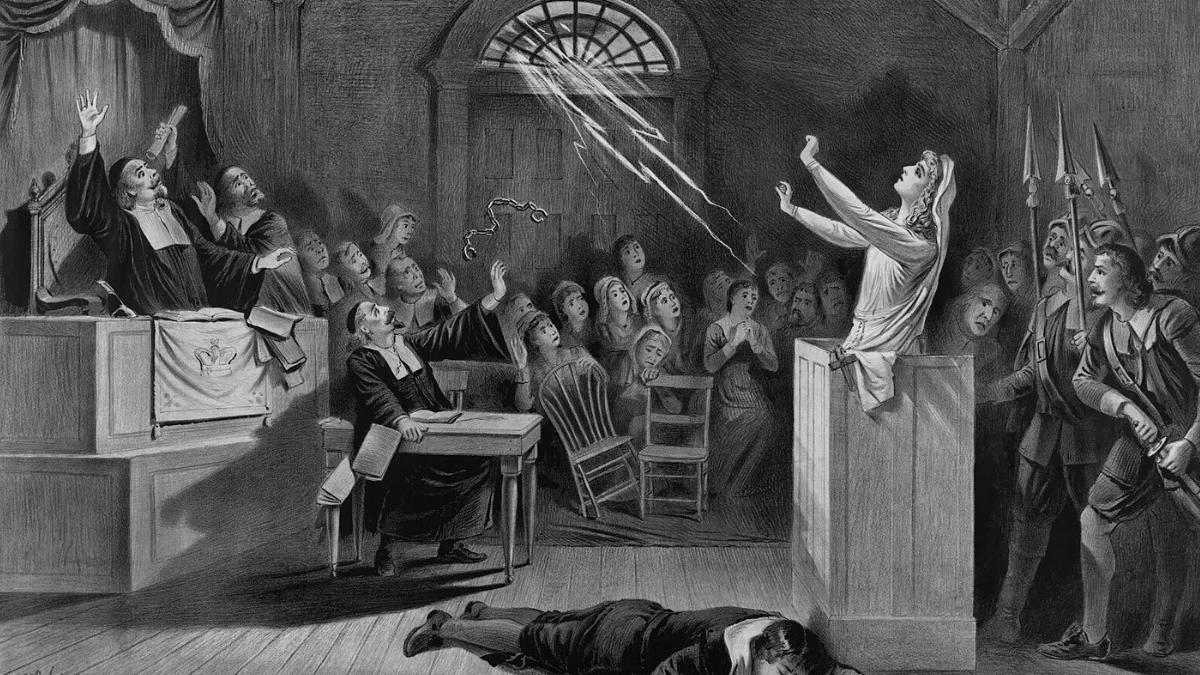 The autumn came and went, spreading neither joy nor glory over the town. It is possible that beyond the ramparts it gilded the woods, that it padded the rutted tracks with soft heaps of leaves, easy underfoot, that it drew the hymn of its fecundity from the harp of the orchards and scattered generous handfuls of sane and healthy pleasures; but within the city limits it showed itself sparing in its largesse and its smiles.
The autumn came and went, spreading neither joy nor glory over the town. It is possible that beyond the ramparts it gilded the woods, that it padded the rutted tracks with soft heaps of leaves, easy underfoot, that it drew the hymn of its fecundity from the harp of the orchards and scattered generous handfuls of sane and healthy pleasures; but within the city limits it showed itself sparing in its largesse and its smiles.
The facades of the houses wept, saturated with deep sorrows; the streets were filled with the sharp sound of running water; a phantom hand impatiently rattled every door, every window, at the mercy of the gusting winds.
From chapter 3
Uncle Cassave has died. Cassave was a rogue and a scoundrel who acquired his fortune by shady means, and now in turn is surrounded by family and friends who covet and desire his fortune. He leaves it to them along with his house, Malpertuis. There is one stipulation: To get their share, they must live in Malpertuis for the rest of their lives. Malpertuis is a dark and gloomy house and Malpertuis, the novel, is a dark and gloomy novel, a haunted house story, but a house haunted by what?
Related by various narrators – an unnamed thief who has stolen documents telling the story, and a member of the family who resided in Malpertuis, with contributions from others – what begins as a haunted house story Jean Ray slowly broadens, incorporating ancient history and arcane magic. Malpertuis is an idiosyncratic piece of weird fiction, an early example of dark fantasy, deeply Gothic in texture and tone as Cassave’s heirs struggle and conspire with one another, even as some of them die or disappear.
Malpertuis was first published in French in 1943. The Wakefield Press webpage describes it as a “puzzle box of nested narratives,” or, in other words, a narrative pieced together from various character’s points of view and from stolen documents. I don’t want to say too much about the plot because the novel needs to unfold and the patient reader will be rewarded with ending scenes of startling clarity and power, at once unsettling and affecting. Jean Ray creates a brooding atmosphere of menace and impending doom from the start and it never ebbs. Ray (1887-1964) is sometimes referred to as the Belgian Poe or the Belgian Lovecraft, but from what little I’ve read of his work (a couple of short stories but especially this novel) neither of those seem exact. I do think readers who enjoy the work of Poe or Lovecraft, or the work of Clark Ashton Smith or, more recently, Thomas Ligotti, would find this novel of interest.
MALPERTUIS by Jean Ray
(Wakefield Press, 2021) translated by Iain White, afterword by Scott Nicolay
256 pages
ISBN: 978-193 9663 702
Review by Randy Money

.jpeg)




































 English (US) ·
English (US) ·